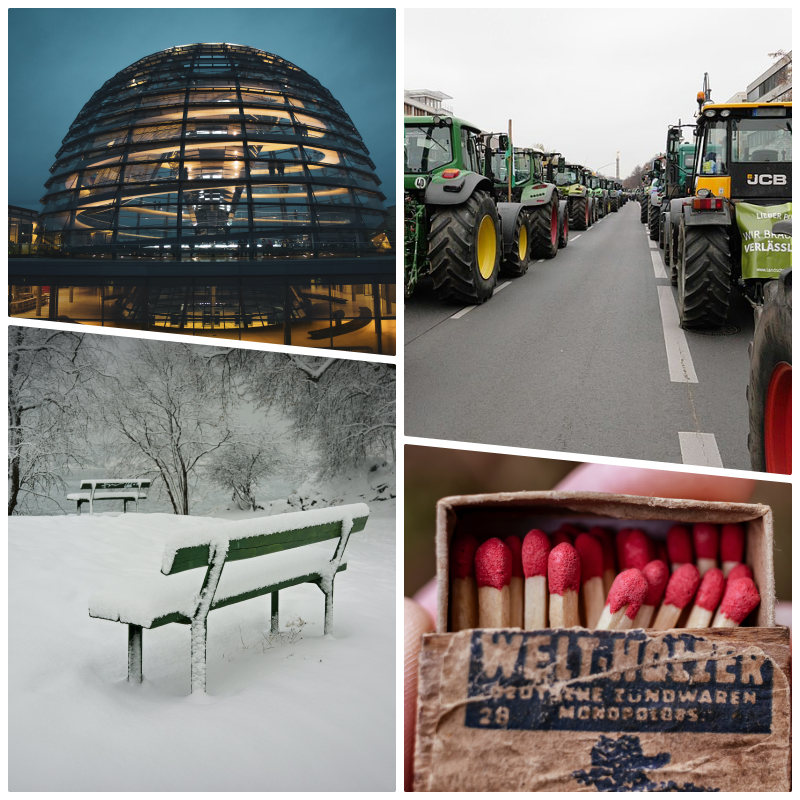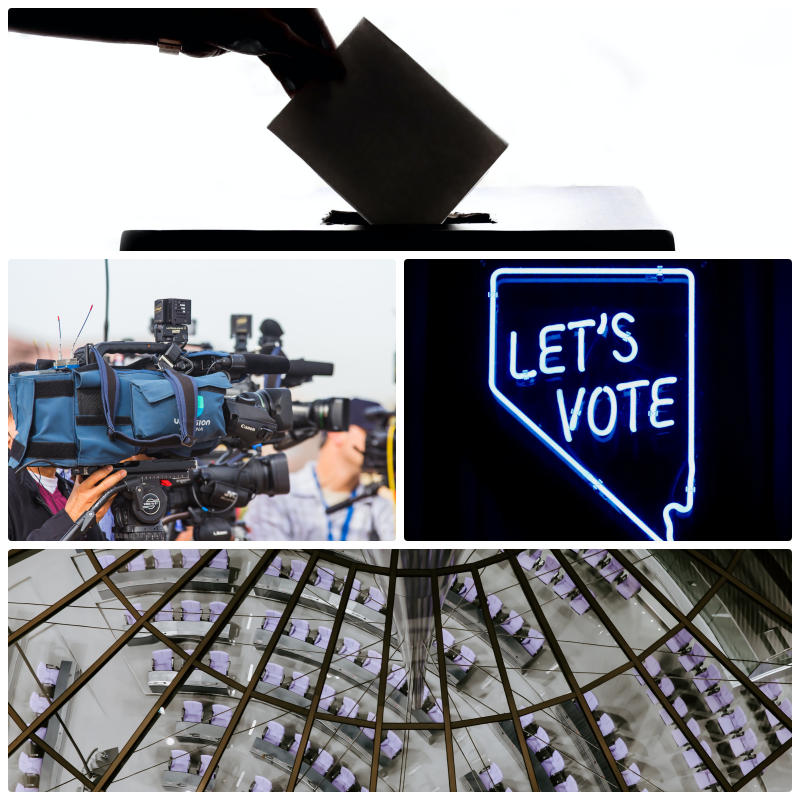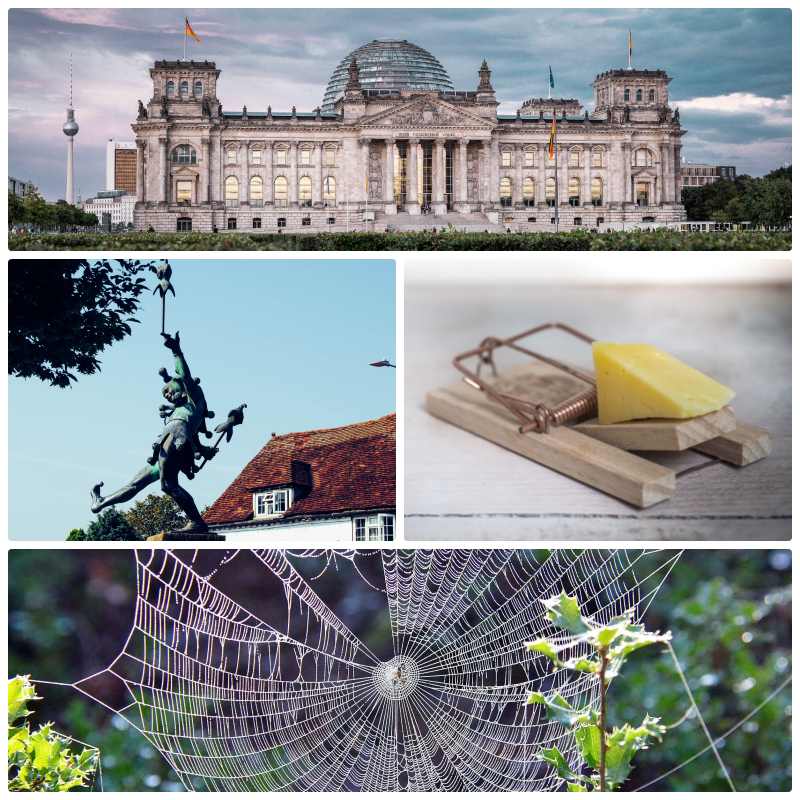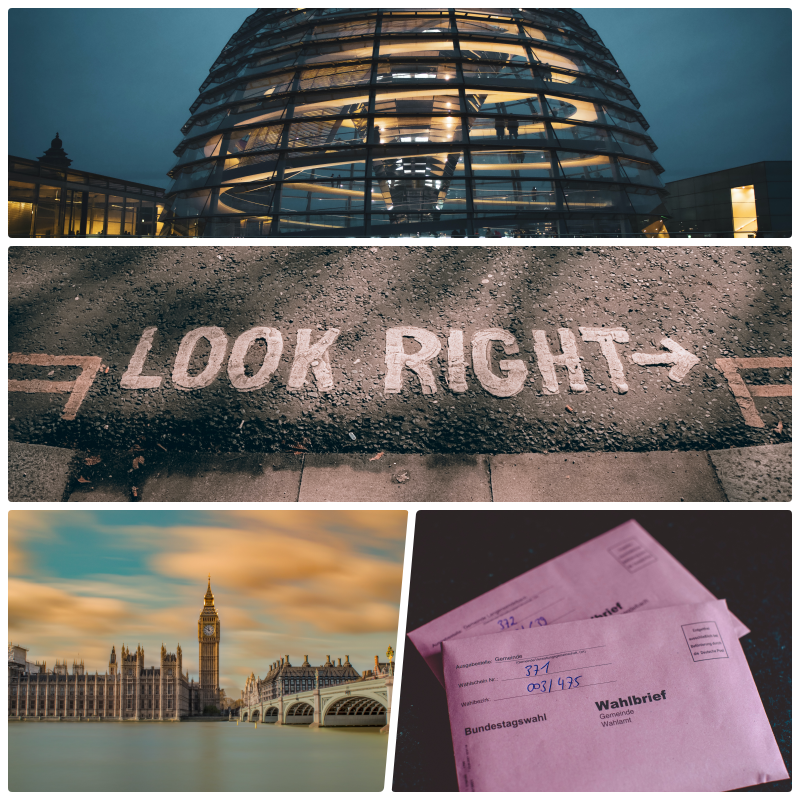A Winter of Discontent
Throughout the tumult in Germany during 2023, a particular English expression often came to mind : “May you live in interesting times”. It might sound like a compliment, but it’s actually dripping with irony, and is meant more as an insult, or even a threat. To live in “interesting times” is to live through social turmoil, something that you might only wish on your worst enemy. Though it’s claimed to be taken from a traditional Chinese saying, to the point that it is often erroneously named the “Chinese Curse”, there’s little evidence for this origin, and more likely, it’s some half remembered fabrication, given a veneer of foreign quirkiness to hide its more mundane origins. Not willing to take the credit for creating such a duplicitous statement themselves, the British seemingly found a foreign scapegoat, something they’ve been doing far longer than many might imagine. No matter where the saying comes from, the reason it kept looping through my mind is that living in Germany today is to live in possibly one of the more “interesting" periods of modern German history.
Picking up seamlessly from its predecessor, 2024 is only two weeks old, but it already feels as febrile as the last twelve months. 2023 was marked by increasing political polarisation in Germany, and the inexorable rise of the extreme right in the polls, motivated in part by perceived chaos within the coalition government, coupled with the sudden willingness of the traditional conservative parties to legitimise the half-baked talking points of any party to the right of them. This turmoil culminated in the announcement of strikes, first within the rail sector, and then among the many farmers of Germany, which both took place in the weeks leading up to Christmas.
With the post-Silvester haze lifted, these same groups are again taking to the picket lines, bringing Germany to a virtual standstill on the roads and on the rails. Although both protests have garnered headlines, it is the farmers’ protest that has gained the most attention, as all 16 Bundesländer faced, in varying degrees, tractors blocking roundabouts, slow moving convoys on the roads, and rallies attacking new government proposals to abolish diesel subsidies within the agricultural industry. While there has been broad understanding and sympathy for farmers from the public and across the political spectrum, the newly announced strikes have contributed to a sense that Germany is heading into dangerous territory.
Talk of revolution is in the air, which is perhaps a little overwrought, but many news outlets have discussed the possibility with some degree of seriousness. This concern over insurrection was in part motivated by the shock that accompanied images from the north of the country, that showed demonstrators with a tenuous connection to the farming protests, attempting to storm a ferry that carried Economics Minister, and bête noire of the right-wing, Robert Habeck, back from his Christmas holidays. Having forced the ferry to leave the dock, the protesters dissipated, and eventually Habeck was able to reach dry land safely on a different ship, much later than he probably expected. Denounced directly by the farming union, and many others, the sight of an aggressive mob being held back by a thin line of police officers reminded everyone how much anger there is towards the current government, and more generally towards politicians from the traditional parties.
For its part, Germany’s most read newspaper, the right-wing tabloid Bild Zeitung, was on hand to stir the societal pot. Ignoring the role of the angry protesters, they instead chose to focus on the victim, declaring that Habeck had “snuck back into Germany” after his enforced travel delay. Bild would continue its tone deaf invective when this week it published reports of a poll that suggested half of the country would willingly protest the current German government. Desperate as ever to make mountains out of molehills, their headline on the story screamed “Mass protest! Half of Germany would take part”, which seemed frankly ludicrous when it transpired that the poll of 1001 respondents returned 45% who agreed that they could “generally imagine demonstrating against the coalition government”. I’m no expert, but 450 people does not a mass protest make, and given that 40% of respondents said they would not take part in protests against the government, it suggests divisions in society, but hardly a revolution.
It might be imagined that disreputable tabloids and angry mobs would be more than enough bad actors for one week, but as the German culture war chunters ever onward, there is always a fresh supply of commentators and politicians desperate to harness any unrest or dissatisfaction for their own ends. As if on cue, the representatives of the traditional right-of-centre parties, the CDU & CSU, grabbed their opportunity to show their solidarity with farmers. Addressing demonstrators in Meschede, Nordrhein-Westfalen, the CDU leader described attempts by the government to reach a compromise with farmers as “ein faules Ei” or “bad egg”, which is to say, not a positive move. He also committed his party to vote against any law reducing farming subsidies in the Bundestag. This of course brought applause from the crowd, which quickly turned to heckling when Merz failed to promise that his own party would continue the diesel subsidies for farmers, should they win any upcoming election.
This moment was rather telling, as it points to the real issues that have led to the current state of unrest, as well as indicating how it is that mild mannered Germany has become such a divided country. It may be politically expedient to lay the blame for all of Germany’s woes at the feet of the coalition government, but many of the problems facing Germany reach further back than the forming of the Traffic Light Coalition in 2021. As Agricultural Minister Cem Özdemir pointed out this week, for 31 of the last 40 years, his office was occupied by a member of the CDU or the CSU. The same could be said for the Transport ministry. If the pigeons are coming home to roost in 2024, they’ve been flying for a long time, and frequently they were under the influence of politicians and parties that now claim solidarity with justifiably angry German farmers. Instead of taking any responsibility for the current crisis in the farming sector, Merz and Co. would have us all believe this moment has nothing to do with them. This position was very clearly outlined in a Spiegel interview with CDU member of the Bundestag (and farmer), Albert Stegemann, who was big enough to admit mistakes in policy over the years, but then quickly pointed out that it was the failures of coalition partners, rather than failings within his own party, that brought us to this point.
The desire to end certain farming subsidies is something most political parties agree with, as Merz’s admission in front of demonstrators shows, but the CDU are not alone in their political revisionism. Rising in the polls through 2023, the right-wing AfD, have also declared their full throated support for farmers, even though their last election manifesto stated that they too would happily get rid of diesel subsidies should they be elected to government. This hidden truth was expertly pointed out by SPD Hubert Woidke, Minister President of Brandenburg, who early on Friday morning met with demonstrators. Spotting a farmer wearing an AfD hat, he stopped and simply stated “Listen, you're wearing the wrong hat. Or do you want to cut all the subsidies? It's in the (AfD) basic program. Read it”. Whether AfD, CDU, or Bild, praying on the ignorance of voters now appears to be a legitimate strategy for opposition parties. The madness of such short-term thinking is obvious: if you think voters are angry now, imagine what happens when you promise change, and only deliver even more of the same.
Looking at the current state of Germany, it’s hard to remain optimistic. The weakness in the centre of politics, the disingenuous arguments of the opposition, the bad actors screaming for attention, and the willingness of voters to listen to the rabid populism of the far-right has many worried. Yet we still have a long way to go, and I hold faith with a political system designed to avoid the mistakes of the past. Here’s hoping 2024 is far less interesting than its opening weeks suggest.
Proofreader: @ScandiTina
Image Credit
Photo by Chris Ensminger on Unsplash
Photo by Vidar Nordli-Mathisen on Unsplash
Membeth, CC0, via Wikimedia Commons
H-stt, CC BY-SA 4.0, via Wikimedia Commons
Photo by Salah Ait Mokhtar on Unsplash
Photo by Christian Lue on Unsplash










